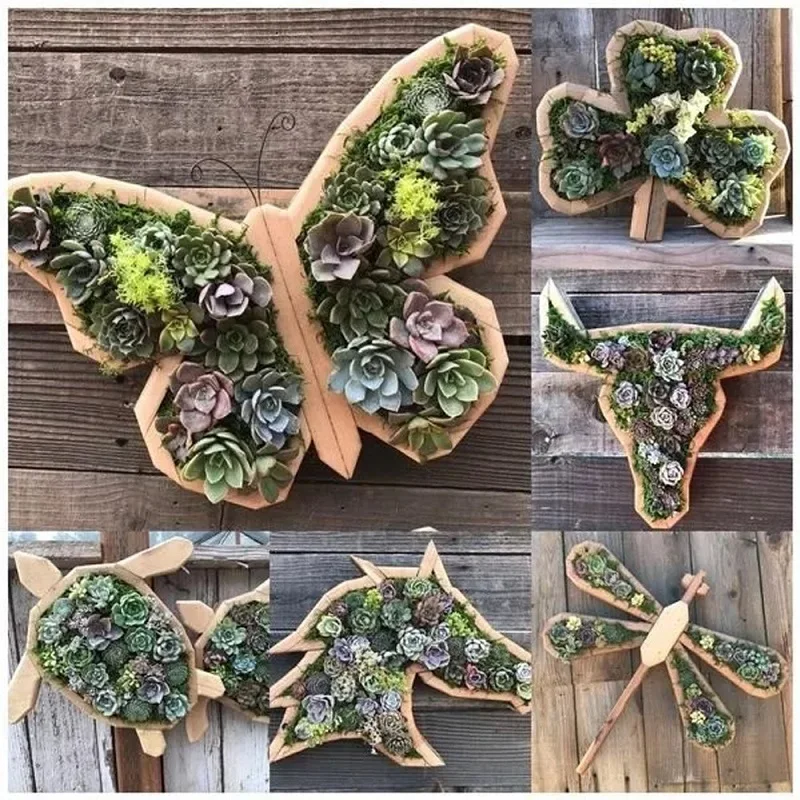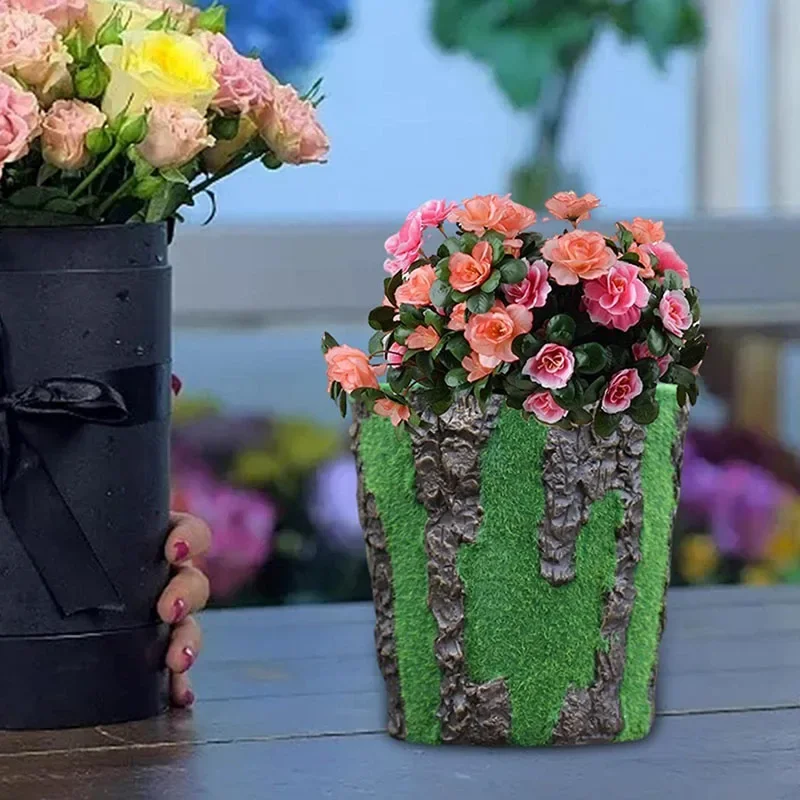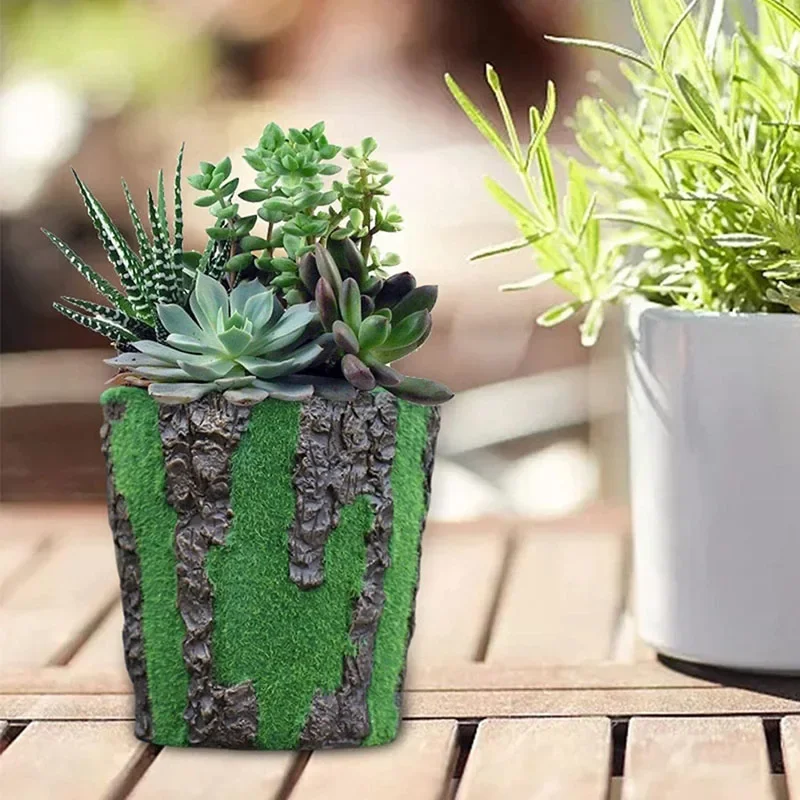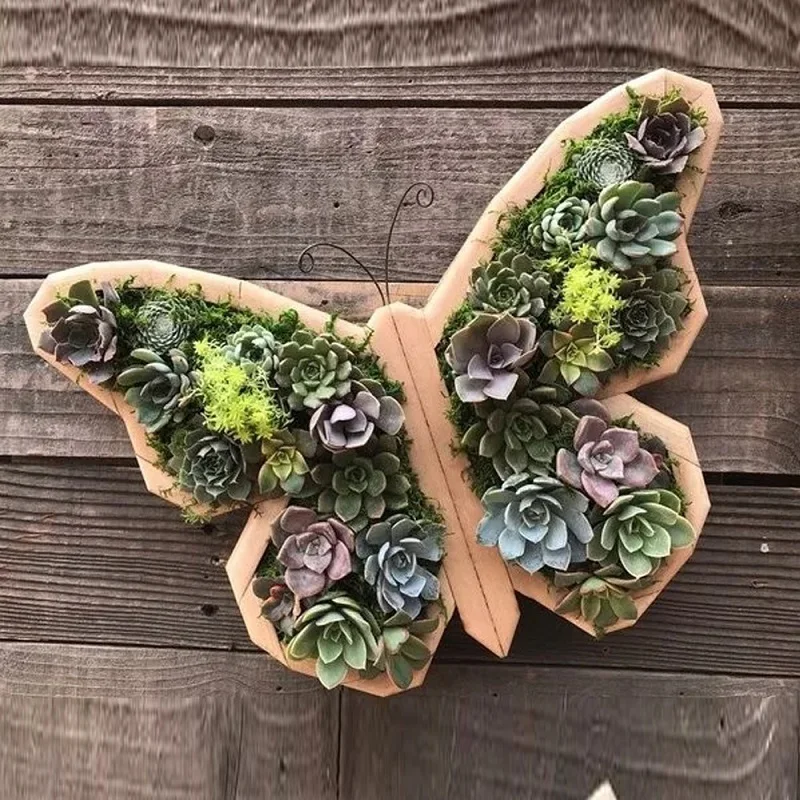Squirrels, with their curious nature and incessant need to forage, can be a nuisance for gardeners. These furry creatures are notorious for digging up flower pots, ruining flower beds, and wreaking havoc on well-maintained gardens. Discovering dirt scattered on the patio or noticing the hollowed-out remains of what was once a thriving plant can be incredibly frustrating. This article delves into comprehensive strategies to deter squirrels from your flower pots, ensuring the beauty and vitality of your garden are maintained.
Understanding Squirrel Behavior
Before implementing any solutions, it’s essential to understand why squirrels are fascinated by your flower pots. Squirrels are constantly on the hunt for food, particularly nuts, seeds, and bulbs. Flower pots offer loose soil, which is easier for them to dig into, making it an attractive play and forage area. Additionally, flower pots can act as temporary storage for their food hoards. Equipped with this knowledge, we can design more effective deterrence strategies.
Use Physical Barriers
One of the most straightforward methods to keep squirrels away from your flower pots is by employing physical barriers. Chicken wire, mesh, or hardware cloth can be used to create a barrier over the soil. Cut the material to fit the circumference of the pot and secure it in place, ensuring that it’s tight enough to prevent the squirrels from lifting it but also allows plants to grow through it. Another option is to use cloches or wire cages that cover the entire pot, protecting the plants from being uprooted without obstructing their growth.
Incorporate Natural Deterrents
Squirrels are deterred by strong scents and tastes. By incorporating natural deterrents into your gardening routine, you create an uninviting environment for them. Pepper flakes, cayenne pepper, and garlic spray can be sprinkled or sprayed onto the soil surface. Moreover, planting certain plants known for their repellent properties, such as marigolds, mint, or nasturtiums, can also help drive squirrels away. Ensure to reapply any scent-oriented deterrents after it rains, as moisture can dilute their effectiveness.
Apply Commercial Repellents
Several commercial repellents are designed specifically to deter squirrels. These products come in various forms, including sprays, granules, and concentrates. When applying commercial repellents, it’s essential to follow the manufacturer’s instructions impeccably to avoid harming your plants. Most of these repellents contain bitter substances or predator urine, which create an inhospitable environment for the squirrels. Regular reapplication, especially after watering the plants or following precipitation, will ensure sustained effectiveness.
Employ Ultrasonic Repellents
Ultrasonic repellents emit sound waves at frequencies unpleasant to squirrels but typically inaudible to humans. These devices are battery-operated or solar-powered and can be strategically placed around your flower pots. The continuous emission of ultrasonic waves creates an environment where squirrels are discouraged from approaching. It’s worth noting that the efficacy of ultrasonic repellents can vary, and ensuring a well-reviewed product will yield the best results.
Utilize Motion-Activated Sprinklers
Motion-activated sprinklers are an excellent way to startle and deter squirrels without causing them harm. These sprinklers activate when motion is detected, releasing a burst of water that scares away the intruder. Place the motion-activated sprinklers near your flower pots or around the perimeter of your garden. The sudden spray of water not only startles the squirrels but also conditions them to avoid the area.
Encourage Natural Predators
Attracting natural predators can be an effective, long-term solution to your squirrel problem. Birds of prey, such as owls and hawks, prey on squirrels and can be attracted to your garden through various means. Installing birdhouses or perches can provide a habitat for these predators. Additionally, consider adding a water feature or birdbath to attract a diverse array of bird species that may help control the squirrel population.

Create Distractions
Sometimes, providing an alternative can distract squirrels from your coveted flower pots. Set up a designated squirrel feeding station away from your flowers. Fill it with favorites like sunflower seeds, corn, or nuts to draw them away. By offering these appealing food sources in a separate area, you can reduce the likelihood of squirrels choosing to forage in your pots. However, be mindful that this strategy can sometimes encourage more squirrels into your garden, potentially exacerbating the problem.
Rearrange Your Garden Layout
Reevaluating and rearranging your garden layout can also deter squirrels. Squirrels are less likely to bother flower pots that are closely grouped together because the tight spacing makes it harder for them to dig. Similarly, placing your flower pots on elevated surfaces or hanging them from hooks can make it difficult for squirrels to access them. Additionally, moving your most prized flower pots closer to your home or into a high-traffic area can discourage squirrels due to the increased human presence.
Utilize Mulches and Top Coatings
Applying a mulch or top coating to your flower pots can make them less appealing to squirrels. Mulches made from pine cones, gravel, or even sharp rocks can create an uncomfortable and challenging surface for squirrels to navigate. Another option is to use a top coat of pebbles or stones that are large enough to act as a barrier but still allow water to penetrate the soil. These materials will not only reduce the likelihood of digging but also add an aesthetic finish to your pots.
Maintain a Clean Garden
A tidy garden is less appealing to squirrels as it deprives them of hiding spots and easy foraging grounds. Regularly remove fallen fruits, nuts, and other debris from your garden. Clear out dense foliage and clutter to minimize the presence of hiding spaces. By keeping your garden clean and organized, you reduce the elements that attract and harbor squirrels.
Experiment with Squirrel-Safe Pot Designs
Innovative pot designs can significantly reduce the risk of squirrel damage. Self-watering pots or pots with built-in barriers can make it harder for squirrels to access the soil. Some designs feature tops with narrow openings or grids, which are ideal for planting but restrict a squirrel’s ability to dig. Investing in such pot designs can be a more permanent solution to the persistent problem of squirrels in your flower pots.
Educate and Involve Your Community
Sometimes, the problem extends beyond your garden if there is a large squirrel population in your neighborhood. Engaging your community can lead to collaborative efforts in squirrel control. Sharing knowledge and strategies with neighbors can ensure a more comprehensive approach to managing the squirrel population. Organizing community workshops or neighborhood meetings can foster collective awareness and action.
Regular Monitoring and Adjustments
Effective squirrel deterrence is not a one-time task; it requires regular monitoring and adjustments. Periodically check your flower pots for signs of digging or damage and reapply deterrents as needed. Stay observant and adaptive to the changing behaviors of squirrels. What works in one season might not be as effective in another, so being vigilant and ready to tweak your strategies will yield the best results over time.
Promote a Squirrel-Resilient Ecosystem
Creating an ecosystem that naturally resists squirrels involves integrating multiple strategies into a cohesive plan. Combining physical barriers, natural deterrents, and predator encouragement can offer a balanced approach. Additionally, planting squirrel-resistant varieties and employing innovative gardening techniques can contribute to a resilient garden. A holistic approach ensures that as one method wears off or proves ineffective, others continue to protect your flower pots, maintaining the integrity of your garden.

Long-Term Management
Long-term management necessitates understanding that squirrels are a part of the environment and completely eradicating them is neither practical nor ecological. The aim is to create a sustainable balance where your garden thrives while coexisting with local wildlife. Continuous education, community involvement, and the use of evolving strategies will help in achieving this balance, ensuring that your flower pots remain vibrant and undisturbed by these persistent intruders.
Conclusion
Keeping squirrels out of your flower pots might seem a daunting task, but with these effective strategies, it is certainly achievable. Understanding squirrel behavior, using a combination of physical barriers, natural and commercial repellents, and advanced deterrent technologies can lead to a harmonious garden ecosystem. Regular monitoring and community involvement further strengthen these efforts, promoting a balanced coexistence with nature. Your garden can flourish, maintaining its serenity and aesthetic appeal, free from the disruptions caused by these furry foragers.

